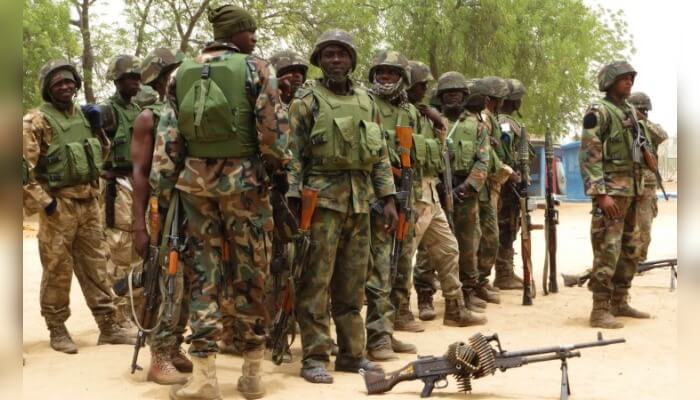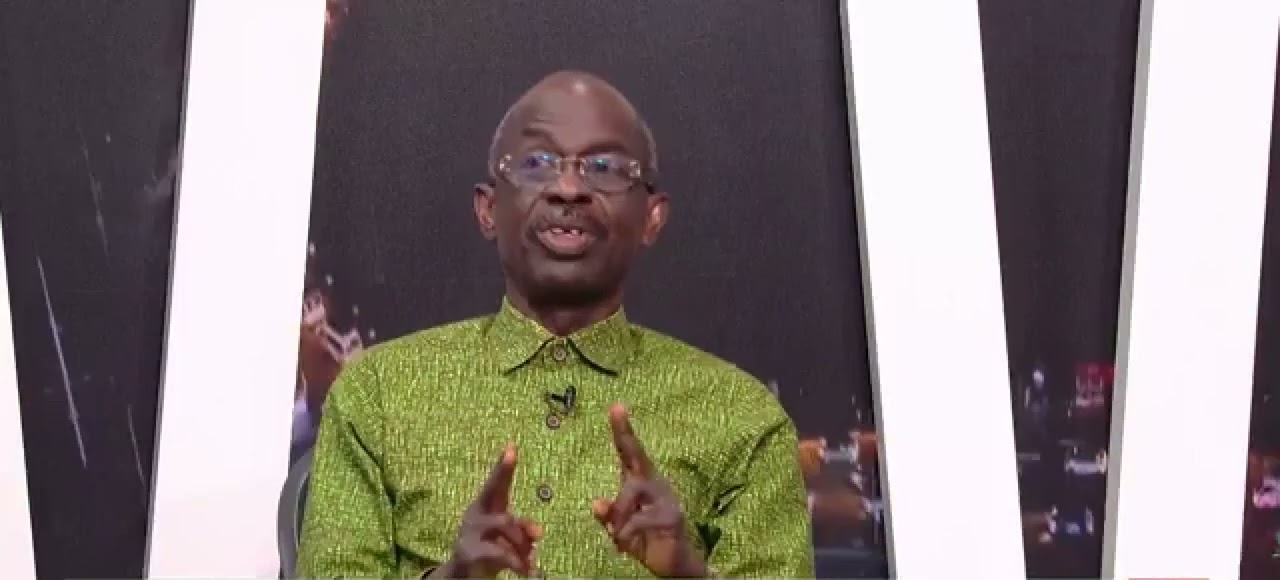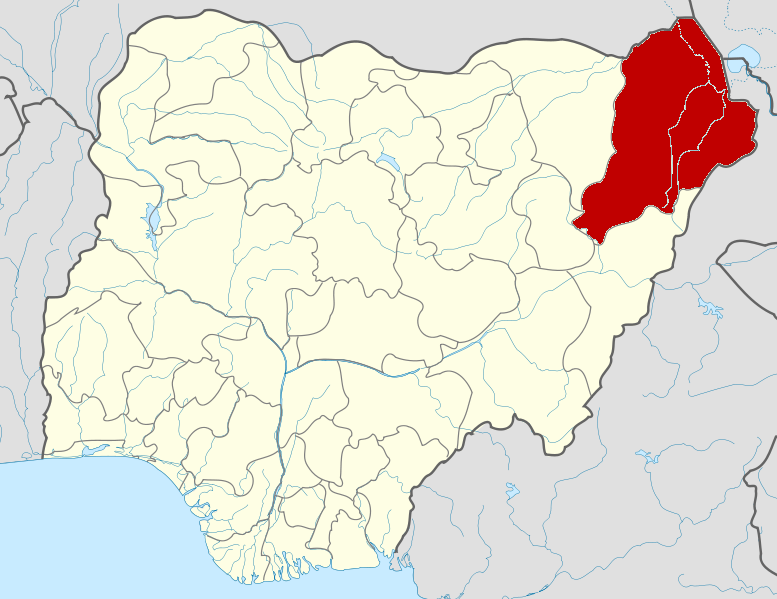SBM Intelligence warns of growing threat from insurgents, separatists
Nigeria’s leading geopolitical research consultancy, SBM Intelligence, has released fresh data, highlighting the leading role of Boko Haram in the series of bombings and attacks in Nigeria in the past three years.
In a post shared on its verified X handle on Thursday, the African-focused security and intelligence firm listed Boko Haram, ISWAP, bandits, IPOB, unknown gunmen, and Fulani bandits as the main actors behind the insurgency.
The data stated that Nigeria’s bombing landscape witnessed a massive transformation from 2010 to 2025, following Boko Haram’s high-fatality urban attacks, which reached their peak between 2014 and 2015.
According to the data, the attacks became concentrated in Borno State, northeast Nigeria, until the insurgency broke into factions like Islamic State’s West Africa Province (ISWAP), which focused mainly on the use of Improvised Explosive Devices (IEDs).
The infographics revealed that attacks on life and property by the terrorist group rose from 105 in 2022 to 147 in 2023. The report revealed that the country witnessed a spike in the number of attacks executed by Boko Haram from 147 to 191 in 2024.
With both Boko Haram and ISWAP operating through silent cells following a series of success stories recorded by the Nigerian Army through its several operational groups, the dangerous proliferation of explosive tactics by other non-state actors — including criminal bandits in the northwest and separatist groups like the Indigenous People of Biafra (IPOB) — are now at the forefront of insurgency in Nigeria.
SBM Intelligence posited that the challenges evolved from a single insurgency into a diffused, nationwide security threat. It stated that attacks by the separatist group happened between 2024 and 2025 in Enugu, Abia, and Imo States.
Besides, the data showed that pastoral conflicts from Fulani herdsmen — now regarded as a bigger deadly threat to the country’s stability — took place in North Central, with Benue State suffering casualties following recent attacks in Yelwata. Plateau and Nasarawa States also lead in the number of farmers-herders conflicts, as well as communal clashes.
The pastoral conflict, particularly involving Fulani herdsmen, is highlighted as a more deadly threat, with a higher average number of fatalities per attack than Boko Haram.












